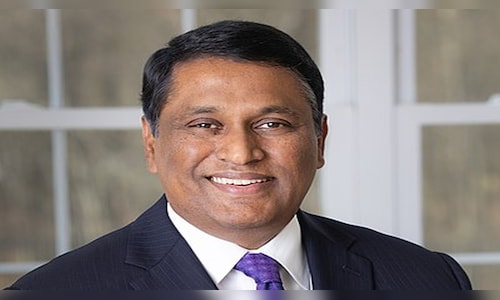Speaking to CNBC-TV18 at the Nasscom Technology and Leadership Forum 2025, Vijayakumar noted that while several open-source models are available today, their accessibility in the future is uncertain. “We should not assume that these open-source models will continue to be open-source. These are going to be the coins on which geopolitics is played,” he said.
He warned that countries may impose restrictions on AI models like OpenAI’s GPT, Meta’s LLaMA, or DeepSeek, limiting their availability beyond national borders. To ensure a competitive edge, India must invest in developing its own AI infrastructure. “The costs are coming down, and we need to find ways to economically create the training infrastructure to build these models,” he added.
Several countries have imposed full or partial bans on AI models like DeepSeek and OpenAI’s ChatGPT due to concerns over data privacy, national security, and misinformation risks. Nations such as Italy, South Korea, Taiwan, Australia, and the US have restricted DeepSeek, citing regulatory non-compliance and potential geopolitical influence.
Similarly, ChatGPT is banned in Russia, China, North Korea, Cuba, Iran, Syria, and Italy, with governments citing reasons ranging from political control to privacy violations. These restrictions highlight growing global scrutiny over AI technologies and the need for countries to establish independent AI capabilities to maintain long-term technological and economic security.


